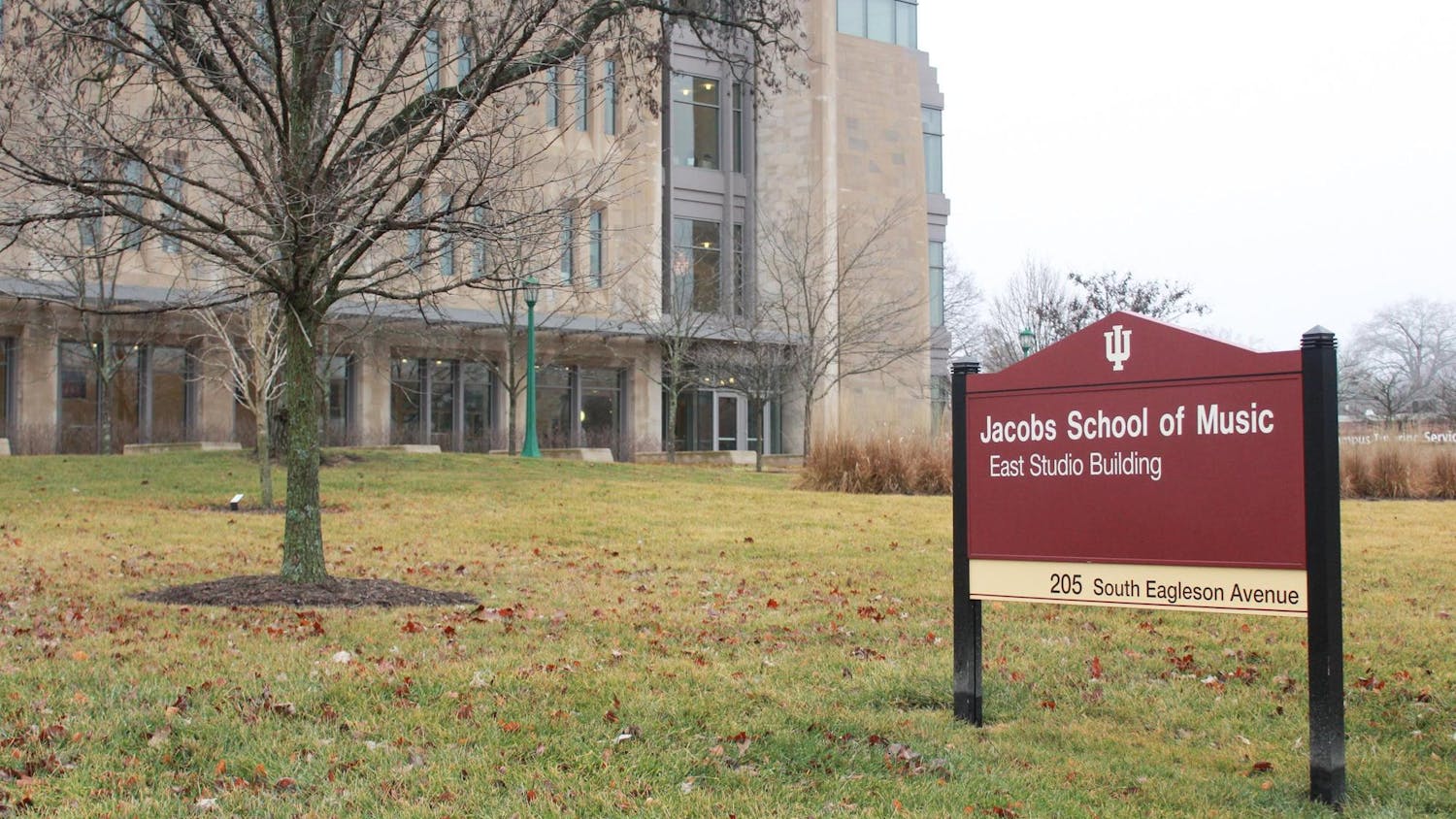Seeing patients with COVID-19 at IU Health Methodist Hospital has been challenging for Ken Cornetta, an IU clinical medical and molecular genetics professor. When Cornetta was invited to help out with a study researching an electroceutical fabric that can kill coronavirus by disrupting its electrokinetic field, he was excited.
Chandan Sen, IU School of Medicine professor and his team recently released a study that shows conclusive data that the virus is no longer infectious after contact with the fabric, which could be used in masks. If the masks are approved by the Food and Drug Administration, the company Vomaris Inc. is ready to mass sell them, Sen said.
“The better the mask is, I think the more assurance we have as healthcare workers that we will be protected and to do our best to take care of our patients that need us,” Cornetta said.
This fabric, which has a matrix of embedded microcell batteries that create a low level of electricity when moisture is present, would not only help the healthcare system, IU Vice President for Research Fred Cate said. This fabric would allow people to wear it without necessarily having to change it, Cate said. Right now masks act more like a filter, Sen said, and the outside of the mask could be exposed to viral particles that if infectious could infect the person with the mask or somebody else.
More research is to come as the electroceutical fabric will have to be tested in the field. Although it works in a lab, further research would help show durability and how well it works on large samples, Cate said. He said it’s not easy to describe the impact of something until we see what it does.
“But, this is big news,” Cate said. “I mean, I have to say, I’m not an excitable person, and I feel pretty excited about this.”
Normally a project takes about a year, Sen said, but in this case his team was working 24/7 for about five weeks. The primary objective for Sen was not to impact academics or have another publication, but instead to share the information to help even just a few people.
Sen said he was moved by his team’s resilient work and their courage to run toward fighting the virus. Cate has seen the same from the team’s work.
“Sometimes when things get bad, the rest of us just want to go home and crawl into your bed and wait for the bad things to go away,” Cate said.
But, Cate said, this has not been the case for researchers.
Sen was also moved by the support they received from the community. The funding for the research came from philanthropic funds from people inside and outside of Indiana.
“When there is a challenge that threatens all of us, we humans know how to join with each other and rise to a common cause, so that’s very moving that I had the community support,” Sen said.
He hopes that other people can see a way to make opportunity out of this crisis. He said if we don't, life is going to be gloomy and difficult.




